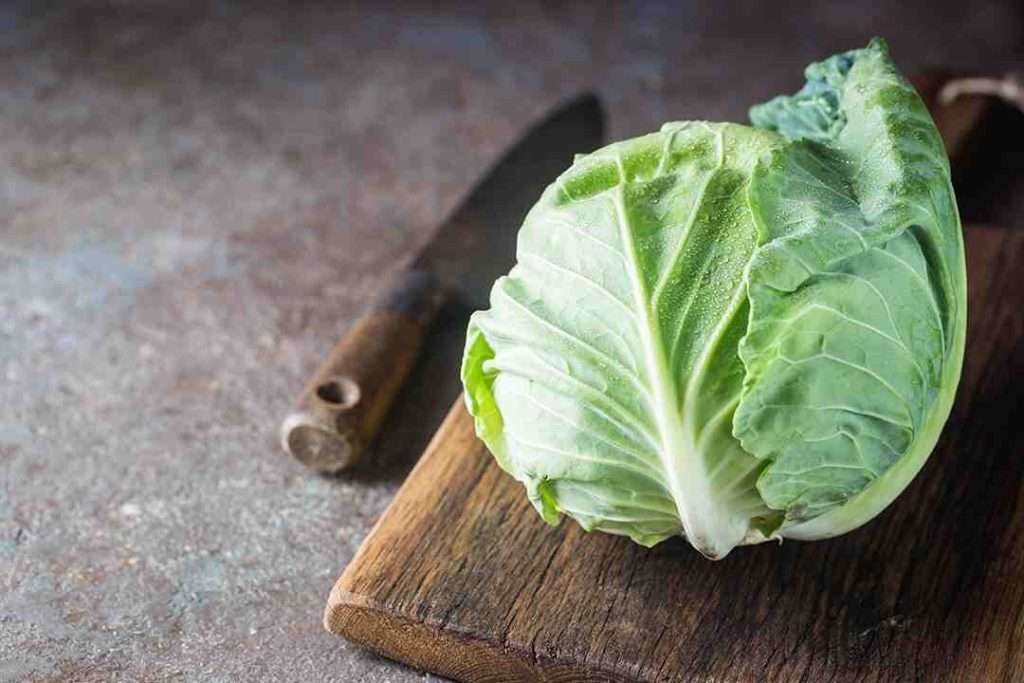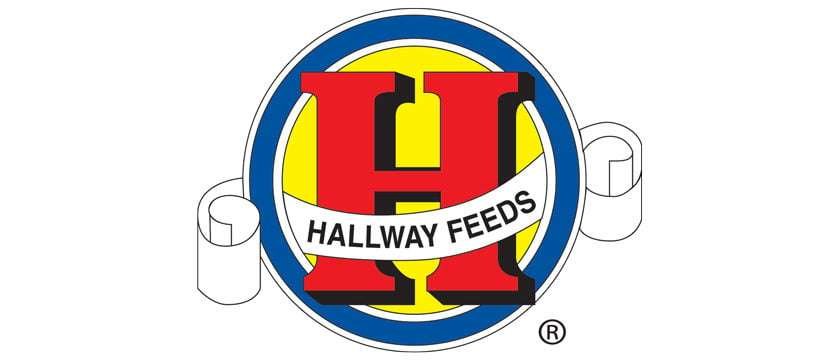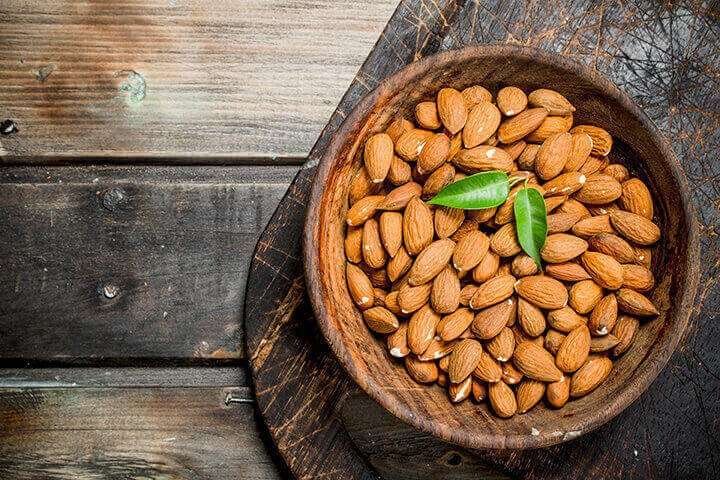Cabbage contains gas-producing compounds that can cause discomfort, colic, and digestive issues in horses. As herbivores, horses love to eat fruits and vegetables. However, not all vegetables are safe and healthy for them. While vegetables and fruits can be added to their diet as treats or snacks, it is important to know which ones are suitable for them. One vegetable that should be avoided at all costs is cabbage.
Why Horses Should Not Have Access to Cabbage
 Cabbage, along with other vegetables that belong to the Brassicaceae or Cruciferae family, such as Brussels sprouts and broccoli, should never be fed to horses. These plants, also known as “Mustard” can be dangerous for horses. Cabbage is not a poisonous vegetable and has no deadly effects on horses. However, it contains a sugar called Raffinose, which can cause problems such as gas problems to your horse. Excessive gas can cause severe health problems in your horse.
Cabbage, along with other vegetables that belong to the Brassicaceae or Cruciferae family, such as Brussels sprouts and broccoli, should never be fed to horses. These plants, also known as “Mustard” can be dangerous for horses. Cabbage is not a poisonous vegetable and has no deadly effects on horses. However, it contains a sugar called Raffinose, which can cause problems such as gas problems to your horse. Excessive gas can cause severe health problems in your horse.
Can Horses Eat Cabbage?
Horses can eat cabbage, but it should be avoided. Although cabbage is healthy and rich in nutrients, it should be avoided because it contains sugars called Raffinose that horses cannot digest well. The sugar can make it hard for your equine to digest, and it eventually causes your horse to have gas, which may result in discomfort.
Cabbage Nutrition
Nutritionally speaking, cabbage is very good for horses. It contains a lot of
- Sugar content,
- Fiber,
- Antioxidants.
- Rich in Vitamins K, C, and Vitamin B6,
- It contains essential minerals like magnesium and potassium.
- It contains lots of folates, which are essential for blood and cell functioning.
Dried cabbage supplements are popular among horse owners to help with gastric ulcers in affected horses. However, dried cabbage can cause gas, so owners should not give their horses more than the dosage they need.
Dangers of Cabbage
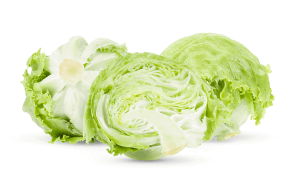 Ferocious plants like broccoli and Brussels sprouts can be a cause of intestinal gas. This problem can also affect humans. However, for horses, it is not just the smell that is unpleasant. The way a horse’s digestive system works may make the horse uncomfortable and cause stomach pain. Overfed cabbage can cause gas-related colic, and overeating cabbage leaves can lead to health problems and even death. Consumption of cabbage can cause very bad consequences, which is why cabbage should be avoided.
Ferocious plants like broccoli and Brussels sprouts can be a cause of intestinal gas. This problem can also affect humans. However, for horses, it is not just the smell that is unpleasant. The way a horse’s digestive system works may make the horse uncomfortable and cause stomach pain. Overfed cabbage can cause gas-related colic, and overeating cabbage leaves can lead to health problems and even death. Consumption of cabbage can cause very bad consequences, which is why cabbage should be avoided.
Feeding Guide
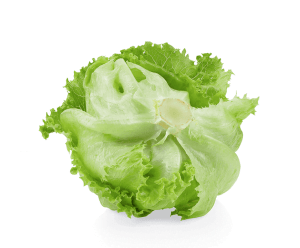 The first thing to know when it comes to horses’ diet is that cabbage should only be fed in small amounts, not exceeding 4 ounces per week. Grains and treats should be a small part of the horse’s diet. Cabbage should be introduced to a horse’s diet slowly, just like other grains and food items. Introducing it slowly will help you observe whether your horse is allergic to it or not. It will also let your horse’s intestinal tract get used to the food being introduced. Horses’ digestive systems are very sensitive and can easily be overwhelmed. Therefore, introducing cabbage slowly will give your horse time to adjust.
The first thing to know when it comes to horses’ diet is that cabbage should only be fed in small amounts, not exceeding 4 ounces per week. Grains and treats should be a small part of the horse’s diet. Cabbage should be introduced to a horse’s diet slowly, just like other grains and food items. Introducing it slowly will help you observe whether your horse is allergic to it or not. It will also let your horse’s intestinal tract get used to the food being introduced. Horses’ digestive systems are very sensitive and can easily be overwhelmed. Therefore, introducing cabbage slowly will give your horse time to adjust.
Starting from a small leaf, you can add cabbage to your horse’s diet, and closely observe signs of excessive gas or colic in your horse. If your horse is fine after 24 hours of eating cabbage, then you can add it to his daily feed. If not, remove it quickly. Make sure that the cabbage leaves you are giving to your horse are thoroughly cleaned and washed to avoid harmful pesticides and bacteria.
Conclusion
Horse owners must be aware of the potential dangers that horses face when consuming poisonous plants. Several poisonous plants can be found in pastures, gardens, and even hay bales. Some of these plants can be fatal to horses if ingested in large quantities, while others can cause severe health problems that can lead to long-term damage. Therefore, horse owners need to be able to identify these plants and take steps to prevent their horses from accessing them. This can be achieved by regularly inspecting pastures and hay bales and removing any dangerous plants as soon as they are identified. By doing so, horse owners can ensure that their horses remain healthy and happy, and avoid potentially dangerous situations.

